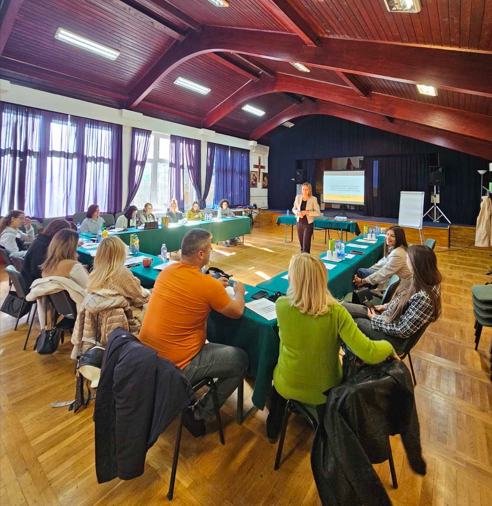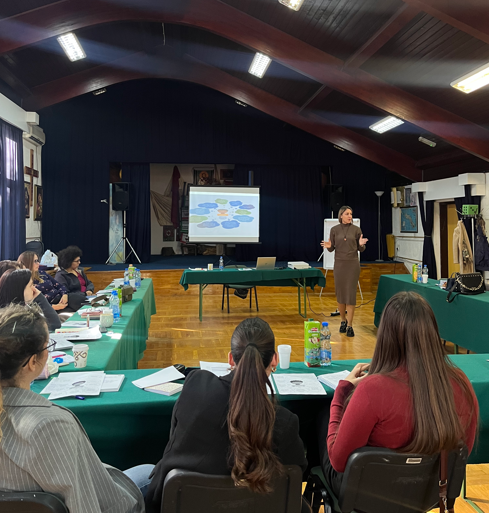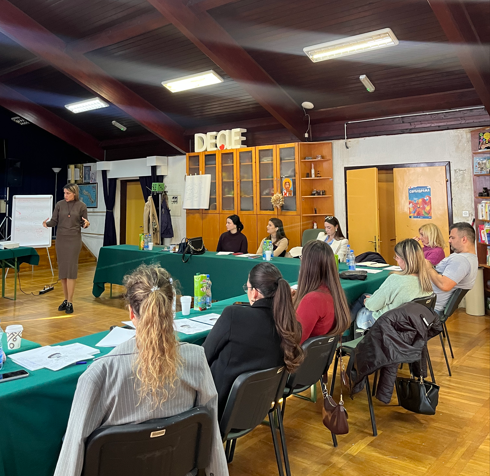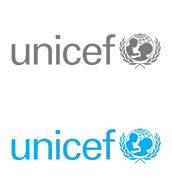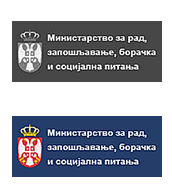07.11.2024
The two-day training titled "Negative childhood experiences and working with trauma – enhancing skills in working with children and youth"
Assistant Professor Dr. Jelena Tanasijević, the lecturer, after presenting the objectives and agenda of the training, thoroughly explained the key aspects of the ACE study (Adverse Childhood Experiences), as well as topics related to complex trauma. She also addressed Bronfenbrenner’s ecological model, emphasizing the importance of understanding the dynamics of traumatized individuals in various social and family contexts. Participants had the opportunity to become familiar with children’s reactions to trauma, the theory of latent vulnerability, understanding the range of tolerance to stressful situations, and the ways in which trauma manifests in children and adolescents. The second day of the training focused on topics related to building trust and safety with traumatized children, as well as trauma assessment methods that allow for effective intervention planning. Through practical examples and discussions, participants were introduced to techniques that support the rehabilitation process and provide emotional support. The training concluded with a key topic – self-care and burnout prevention, which are essential for maintaining mental health and effectiveness for professionals working with trauma, ensuring high-quality and sustainable work in this field. This training provided participants with valuable knowledge and skills necessary to improve their practice in working with children and adolescents who have experienced traumatic events.
 PHOTO
PHOTO